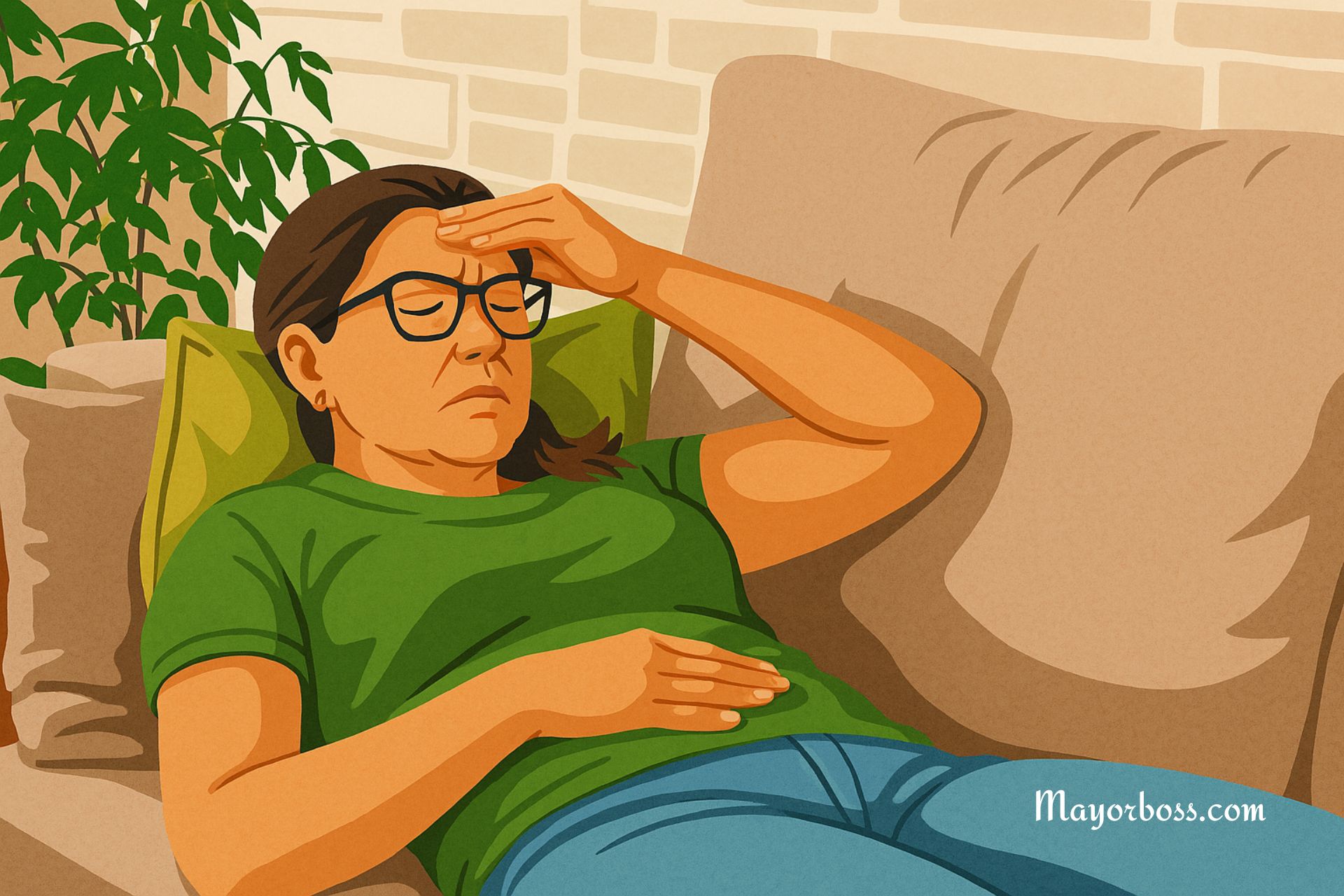Your Fatigue May Be Due to Iron Deficiency
Fatigue is one of the most common health complaints. If you feel tired all the time, even after a good night’s sleep, iron deficiency or iron deficiency anemia may be the reason. It often goes unnoticed because its symptoms can be vague and easy to overlook.
Iron is a mineral that your body needs to make hemoglobin. Hemoglobin is a protein in red blood cells that carries oxygen from your lungs to the rest of your body. Without enough iron, your body can’t produce enough healthy red blood cells. As a result, your tissues and organs don’t get the oxygen they need.
This lack of oxygen can make you feel weak, tired, and out of breath. Over time, if left untreated, iron deficiency can affect your quality of life.

How Iron Deficiency Leads to Fatigue
Fatigue from iron deficiency or iron deficiency anemia is not just about feeling tired. It’s a deep, ongoing lack of energy that doesn’t improve with rest. You may find it difficult to concentrate for a long time when working or studying.
When iron levels drop, your body can’t carry enough oxygen. Your muscles, brain, and other organs are forced to work with less fuel. This leads to physical and mental exhaustion. Even routine tasks like climbing stairs, cooking, washing dishes or concentrating at work can become difficult.
Signs of Iron Deficiency
Iron deficiency doesn’t always cause obvious symptoms at first. But as it worsens, you may notice:
- Constant tiredness or fatigue
- Pale skin or inside of the lower eyelids
- Shortness of breath, especially with mild activity
- Headaches or dizziness
- Cold hands and feet
- Brittle nails or hair loss
- Unusual cravings for non-food items like ice or dirt (a condition called pica)
If you experience several of these symptoms, it’s a good idea to speak with your doctor and ask for a blood test to check your iron levels.
Common Causes of Iron Deficiency
Iron deficiency can occur for several reasons. The most common include:
1. Inadequate Iron Intake
Not getting enough iron from your diet is a common cause, especially if you follow a vegetarian or vegan diet without proper planning. Iron from plant-based foods is less easily absorbed than iron from animal sources.
2. Blood Loss
Losing blood means losing iron. Women who have heavy periods are at higher risk. Other sources of blood loss include gastrointestinal bleeding, ulcers, or colon polyps. Sometimes, internal bleeding can go unnoticed for a long time.
3. Poor Absorption
Even if you eat enough iron, your body may not absorb it well. Conditions like celiac disease, inflammatory bowel disease, or gastric surgery can interfere with iron absorption.
4. Increased Needs
Pregnancy increases the body’s need for iron. Without enough iron, both mother and baby are at risk of complications such as preterm birth or low birth weight.
Diagnosing Iron Deficiency
A simple blood test can detect iron deficiency. Doctors usually check:
- Hemoglobin level
- Hematocrit (percentage of red blood cells in the blood)
- Ferritin (a protein that stores iron)
- Serum iron and total iron-binding capacity
Ferritin is the most useful early marker of iron deficiency. Low ferritin usually means low iron stores, even before anemia develops.
Treatment
Treating iron deficiency involves restoring iron levels.
1. Dietary Changes
Eat more iron-rich foods, such as:
- Red meat, poultry, and fish
- Beans, lentils, and tofu
- Leafy green vegetables like spinach
- Iron-fortified cereals and grains
Pairing iron-rich foods with vitamin C (like citrus fruits, tomatoes, or bell peppers) helps increase absorption. Avoid drinking tea or coffee with meals, as they can reduce iron absorption.
2. Iron Supplements
If diet alone isn’t enough, your doctor may recommend iron supplements. These are typically taken daily and may cause side effects like constipation or stomach upset. Always take them under medical guidance.
When to See a Doctor
If you’re always tired and can’t explain why, don’t ignore it. Persistent fatigue is a signal from your body that something isn’t right. A healthcare provider can evaluate your symptoms, run the appropriate tests, and guide you toward the right treatment.
Final Thoughts
Fatigue is not something you should simply “push through.” Iron deficiency is a common and treatable cause of low energy. With the right care, most people feel better within a few weeks of starting treatment. For patients with iron deficiency anemia with severe symptoms, it is recommended that they seek medical treatment on time.
